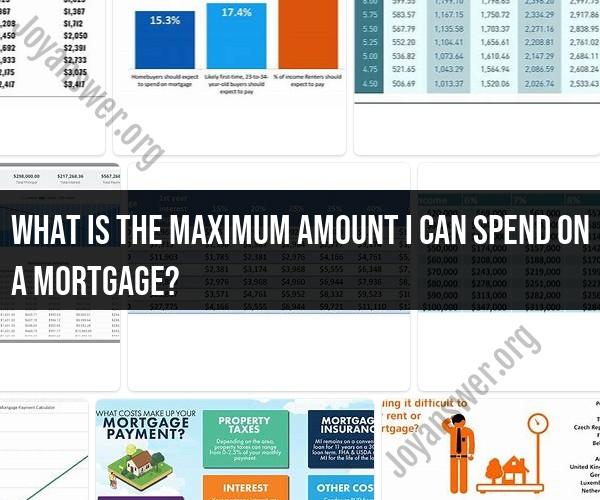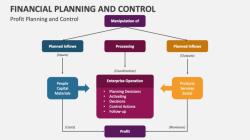What is the maximum amount I can spend on a mortgage?
The maximum amount you can spend on a mortgage, often referred to as your mortgage borrowing limit or mortgage affordability, is determined by several factors, including your financial situation, the lender's guidelines, and the prevailing interest rates. Here are the key factors that influence how much you can borrow for a mortgage:
Your Income: Lenders typically use your gross monthly income to determine your borrowing capacity. They have guidelines that specify how much of your income can go toward your monthly mortgage payment. This is often expressed as a debt-to-income (DTI) ratio, where your mortgage payment (including principal, interest, taxes, and insurance) should not exceed a certain percentage of your monthly income. A common guideline is that your DTI should not exceed 43%, but this can vary by lender and loan type.
Credit Score: Your credit score is a crucial factor in determining your eligibility for a mortgage and the interest rate you'll receive. A higher credit score can improve your chances of being approved for a larger loan amount and securing a lower interest rate.
Down Payment: The amount you can spend on a mortgage is also influenced by the size of your down payment. A larger down payment reduces the amount you need to borrow, which can increase your borrowing capacity.
Interest Rates: The prevailing interest rates at the time you apply for a mortgage will affect your borrowing capacity. Lower interest rates may allow you to qualify for a larger loan amount with the same monthly payment.
Loan Term: The term of your mortgage (e.g., 15 years, 30 years) can impact how much you can borrow. Shorter-term mortgages often have higher monthly payments but lower total interest costs, while longer-term mortgages may have lower monthly payments but higher total interest costs.
Other Debts: Lenders consider your existing debts, such as car loans, credit card balances, and student loans, when determining your borrowing capacity. Your total debt obligations should be within the lender's guidelines.
Property Taxes and Insurance: Property taxes and homeowners insurance are typically included in your monthly mortgage payment. Lenders factor in these costs when calculating your DTI ratio.
Loan Type: The type of mortgage you choose can impact your borrowing capacity. For example, government-backed loans like FHA or VA loans may have different guidelines than conventional loans.
Lender's Guidelines: Different lenders may have slightly different guidelines for determining how much you can borrow. It's advisable to shop around and compare offers from multiple lenders to find the one that best suits your needs.
To determine your specific mortgage borrowing limit, you should consult with a mortgage lender or use online mortgage affordability calculators. These tools can provide you with a rough estimate based on your financial information. However, keep in mind that prequalification or preapproval from a lender is the most accurate way to determine the maximum mortgage amount you can afford based on your unique financial situation.












